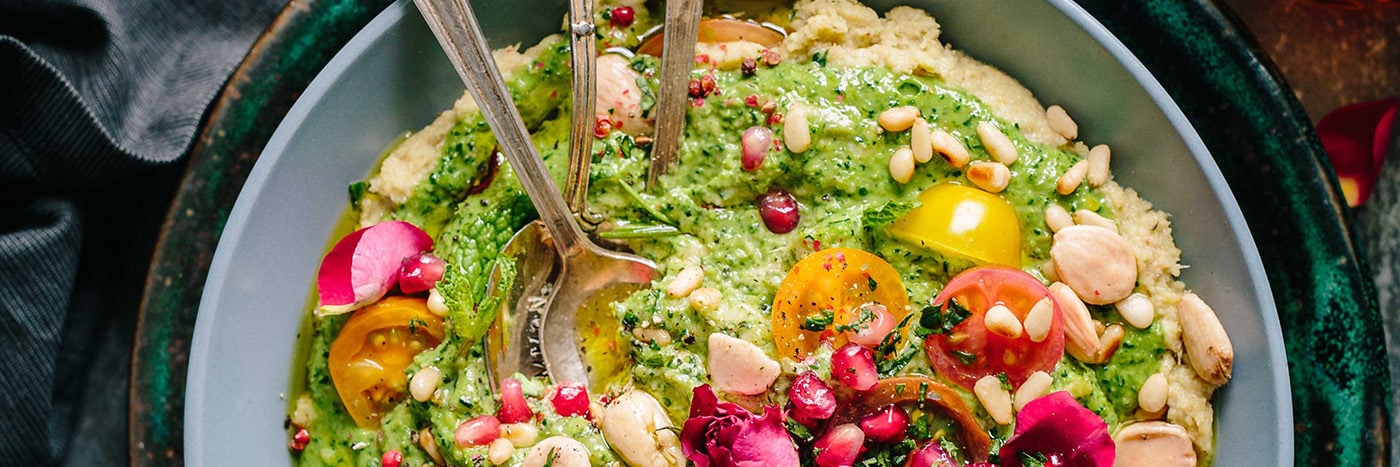
Performance Nutrition: Vegan Athletes & Meeting Dietary Needs
Being vegetarian or vegan shouldn’t slow you down or make sport training challenging. However, there are minerals that need special attention in a diet that excludes meat and dairy.
IRON
Low iron levels are common in all athletes, especially runners. High altitude, inflammation, constant food impact during running, and heavy sweating are a few reasons for low iron.
Vegan and vegetarians must rely on non-heme or plant based iron sources. Plant iron doesn’t get absorbed by the body easily. Vegetarians usually eat the same amount of iron in their diet as a non-vegetarian, but many of the foods in a vegetarian diet also block iron absorption like legumes, nuts, grains and seeds.
Fruits and vegetables high in vitamin C greatly improve iron absorption. The usual suspects like citrus fruits are good choices to eat at every meal.
Other great sources of vitamin C include: collard greens, broccoli, honey dew melon, sweet potato, tomatoes and potatoes. Check out this great list of over 60 high vitamin C fruits and vegetables to eat.
ZINC
Zinc is a major player in immune function. Vegetarian athletes can have chronically low zinc levels because plant based zinc isn’t absorbed efficiently by the body for two reasons. First, lean meats are among the best sources of zinc. Second, phytate-rich foods like beans and whole grains can reduce zinc absorption.
Eating more fruits and vegetables high in zinc can help. Try nuts, beans, peas, and whole grains.
IODINE
An increasing trend in vegan athletes is low levels of iodine. Sea and kosher salts have become extremely popular replacing iodized salt, as have tamari in place of soy sauce, and generally low sodium diets.
Iodine is a key component to important metabolism regulating hormones. Good sources of iodine include: Seaweed, iodized salt, prunes, kelp, wakame, kombu.


